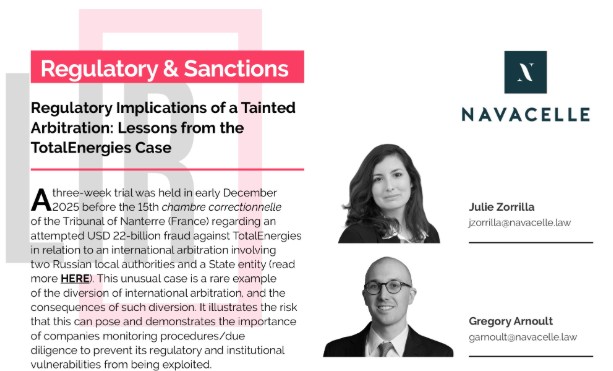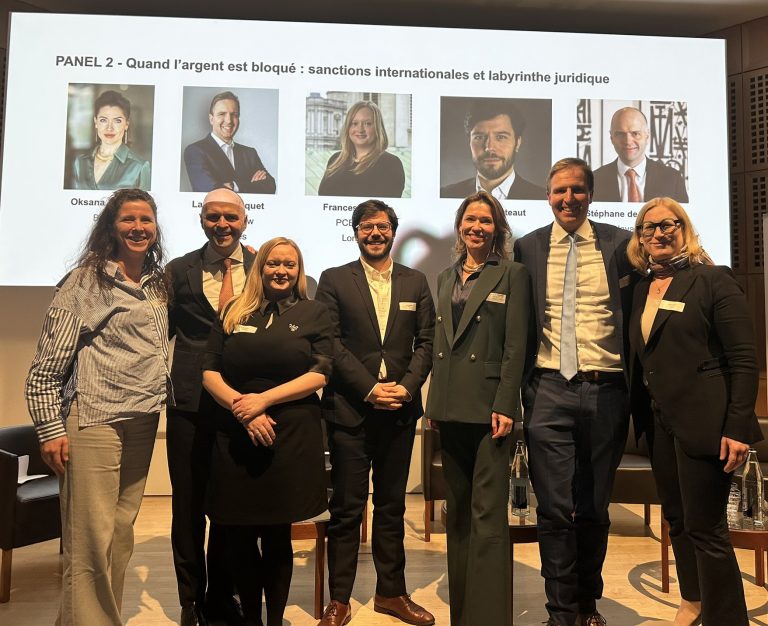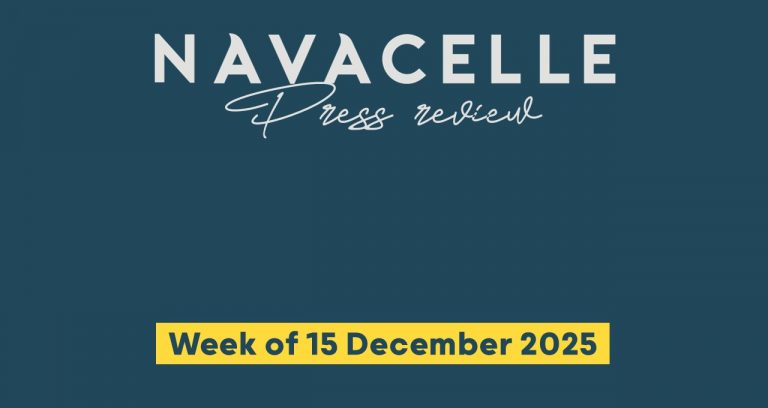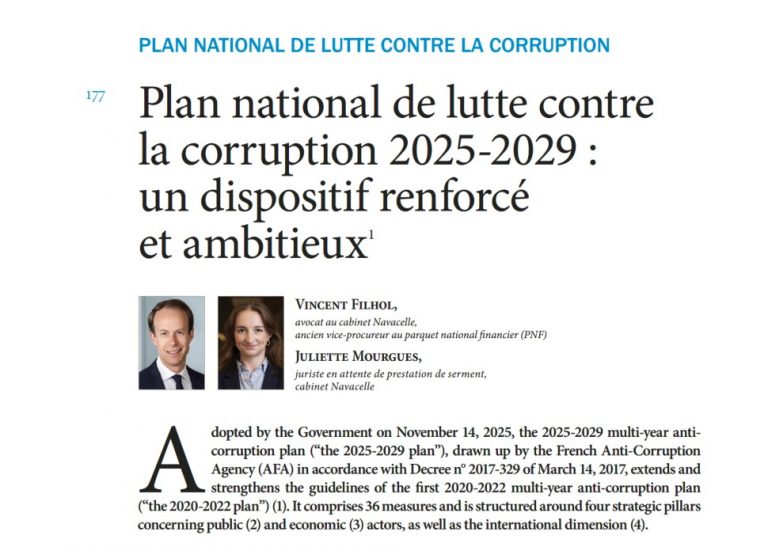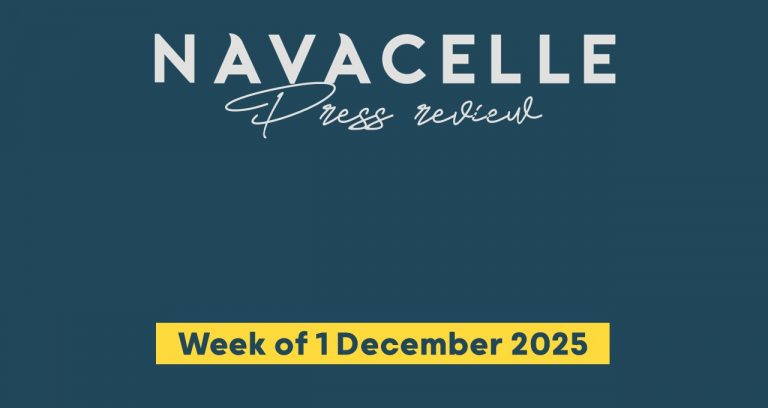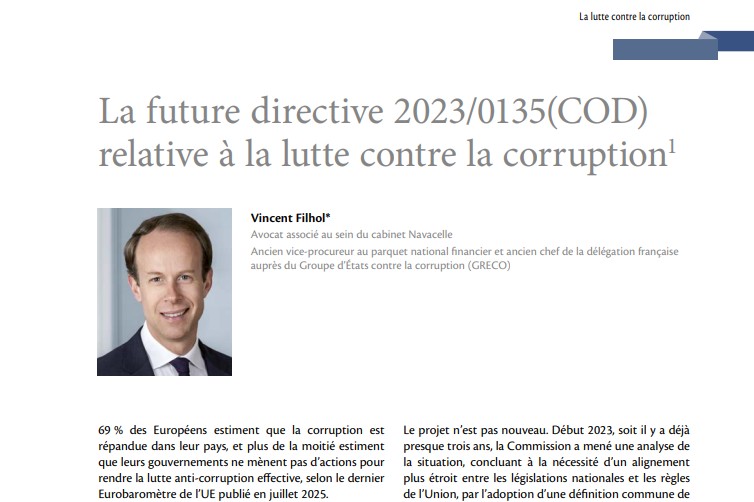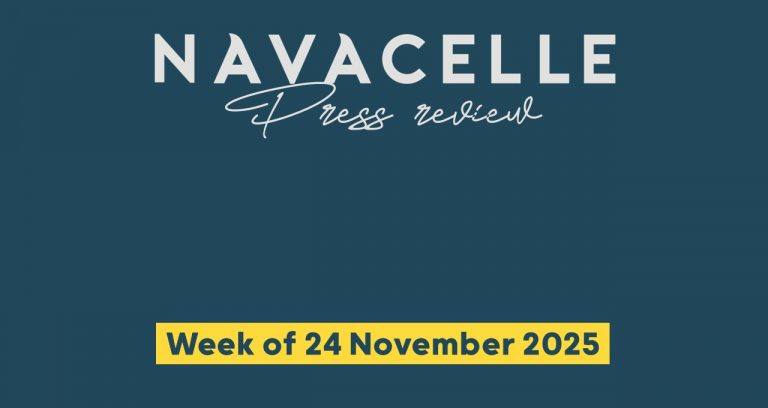Following the adoption of the French Corporate Duty of Vigilance Law in March 2017[i], companies which, at the end of two consecutive financial years, employ at least five thousand employees in France or ten thousand within the company and its subsidiaries, have a legally binding obligation to identify and prevent, by means of a vigilance that is made public, adverse human rights and environmental impact resulting from their own activities, from activities of companies they control, and from activities of their subcontractors and suppliers, with whom they have an established commercial relationship[ii].
The law provides that if a company fails to establish, implement, or publish a vigilance plan containing reasonable measures preventing serious human rights or fundamental freedom violations, any party that has standing may send a formal notice to a company to comply with this obligation. The French Economy Ministry is nonetheless reluctant for the public authorities to send a formal notice against uncompliant companies[iii]. It is therefore up to the private parties.
In the event of non-compliance with this legal obligation after a three-month period, any person with standing may seek an injunction before competent courts to compel the company to comply with the law, under penalty if necessary[iv].
As the Law did not elaborate on the competent court, the Versailles Court of Appeal on December 10, 2020, therefore provided clarifications on the competent court to hear injunction proceedings in a case brought by NGOs against Total, seeking to compel the company to comply with its obligations under the corporate duty of vigilance law[v].
Following the company’s procedural objections, the Versailles Court of Appeal confirmed the lack of jurisdiction of the Nanterre judicial court on injunction proceeding to the benefit of the commercial court.
It recalled that commercial courts have a special jurisdiction pursuant to Article 721-3 of the Code of Commerce[vi]. In the absence of clear provisions of the Duty of Vigilance Law, the Court stressed that the drafting of a vigilance plan was part of the management of the company.[vii] It noted that the legislative provisions of the corporate duty of vigilance law were introduced in article L. 225-102-4 of the Commercial Code, in Title II concerning commercial companies, in Chapter V concerning public limited companies and in Section 3 concerning shareholders’ meetings. It also emphasized that the due diligence plan and the report on its implementation were to be appended to the annual management report, which is presented at the shareholders’ meeting, thus integrating social and environmental issues into the business of the commercial company. The Court also noted that the corporate duty of vigilance law necessarily impacts the functioning of the company, in that it imposes an obligation of transparency and disclosure on corporate governance. The Court thereby inferred that there is a direct link between the establishment of a due diligence plan and the management of the company, providing jurisdiction to the commercial court[viii].
Non-commercial parties NGOs, on the other hand, supported that they had an option on the competent court between judicial and commercial ones on the ground of the mixed act theory[ix]. According to NGOs, granting jurisdiction to commercial courts would unduly divide duty of vigilance disputes between injunction and liability[x]. Yet, the Versailles Court of Appeal rejected the call for an option since the vigilance plan is a unilateral commercial act and the company is the sole debtor of this obligation[xi].
Nonetheless, a pre-trial ordinance of February 11, 2021, by the Nanterre judicial court in another corporate vigilance case against Total followed another path[xii]. The pre-trial judge relied on the Uber Cour de cassation ruling on 18 November 2020 whereby non-commercial parties may lodge their claim before commercial or judicial court on dispute relating to a commercial act of a company, irrespective of the mixed nature of such act[xiii].
Considering the full jurisdiction of the judicial court, the non-commercial nature of plaintiffs and that the drafting of a vigilance plan exceeds the strict management of a company, the pre-trial judge granted an option between judicial and commercial courts for NGOs plaintiffs seeking injunction in vigilance plan dispute[xiv].
In any case, given their distinct nature and rationale, injunction proceedings of Article L. 225-102-4 and liability proceedings of Article L. 225-102-5 may have different rules regarding the competent court according to the Versailles Court of Appeal[xv].
The Cour de cassation will rule on this issue following the NGOs’ appeal of the Versailles Court of Appeal’s ruling[xvi]. The French MPs seized the occasion of the Bill on Climate to adopt an amendment granting jurisdiction to one or two specialized judicial tribunal probably in Nanterre or Paris[xvii]. Most recently, deputies and senators put an end to this judicial debate by granting jurisdiction to “one or more specially designated judicial courts [xviii].
